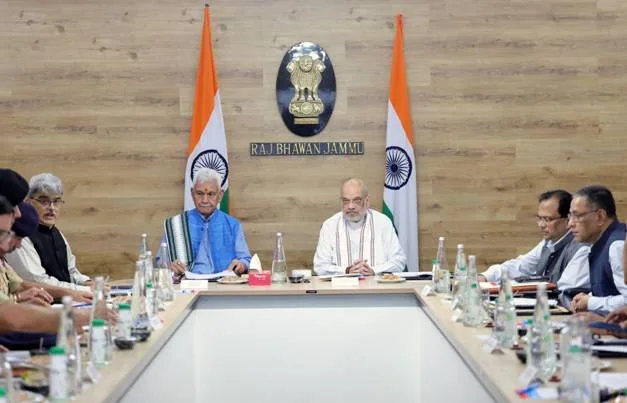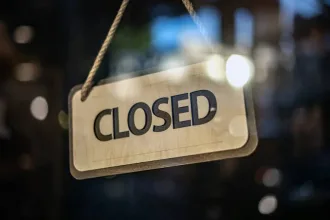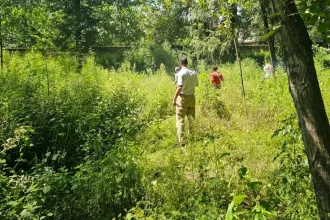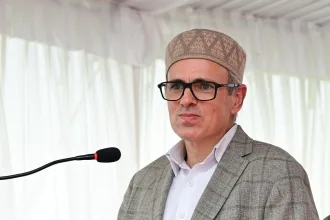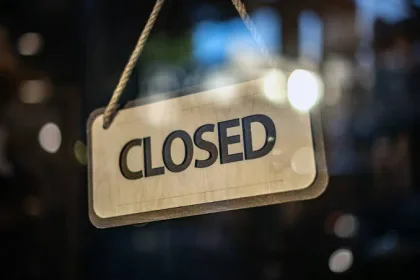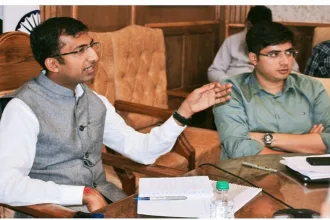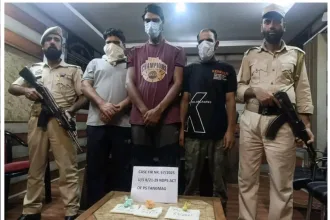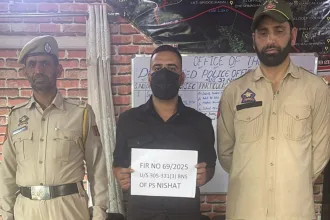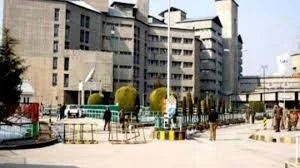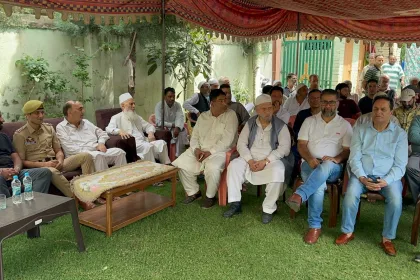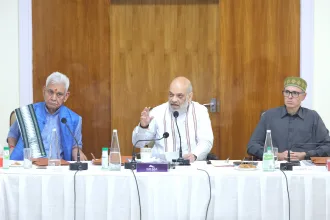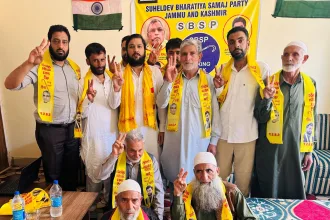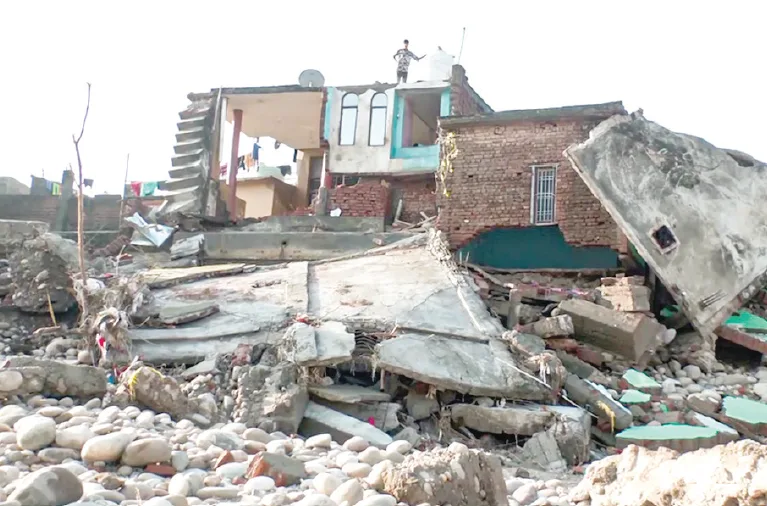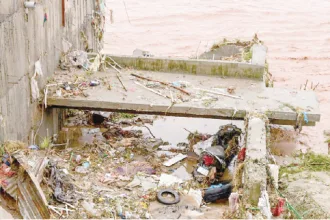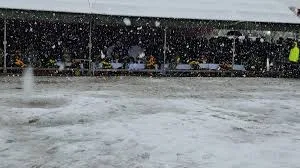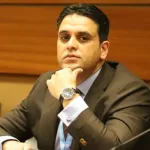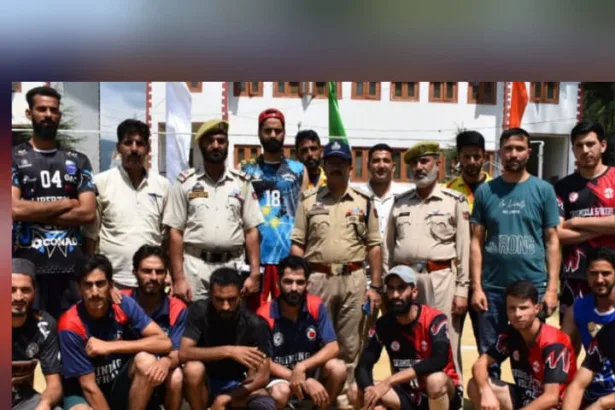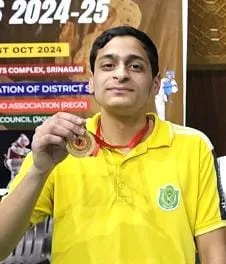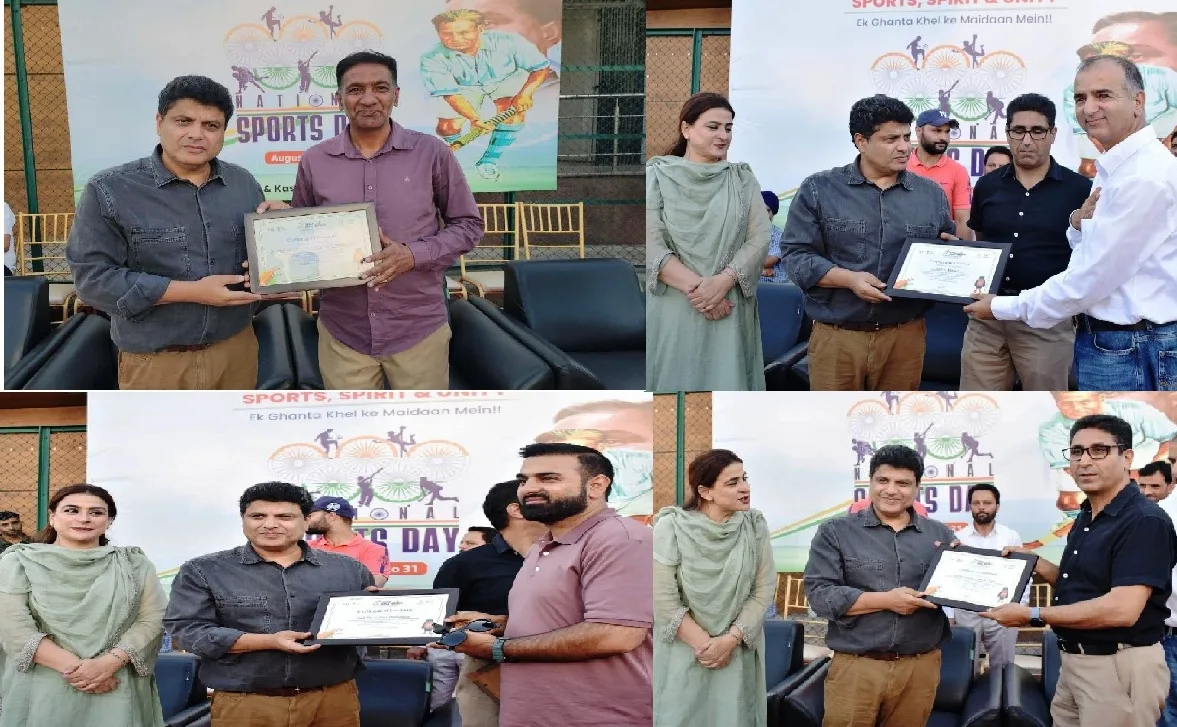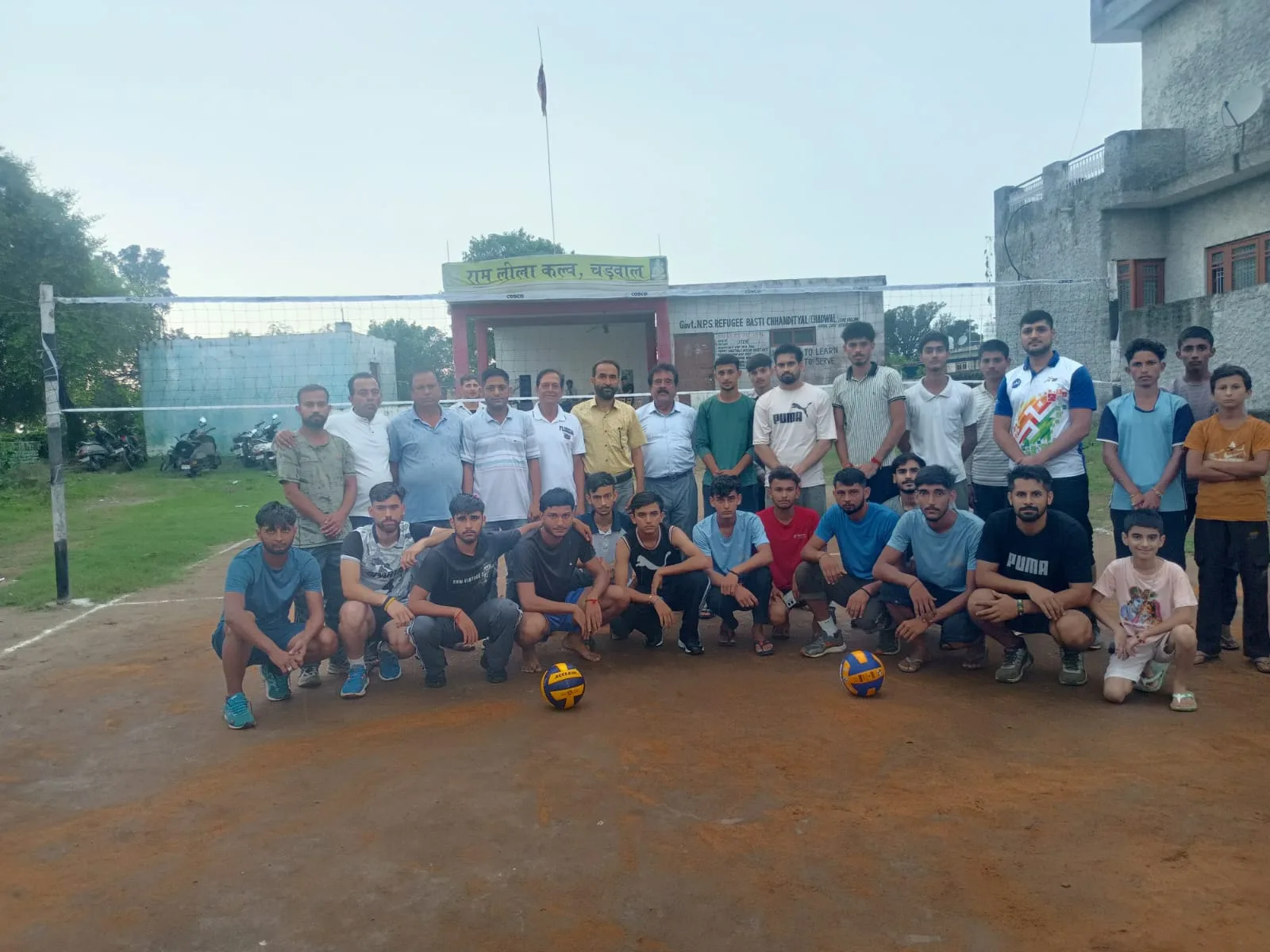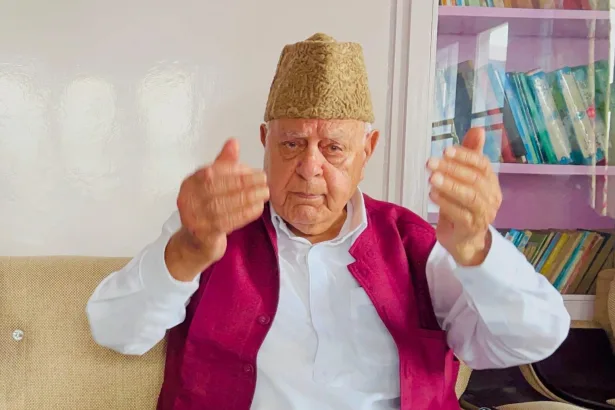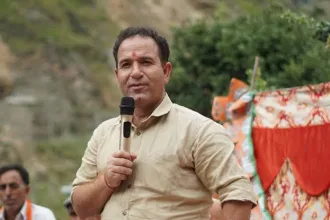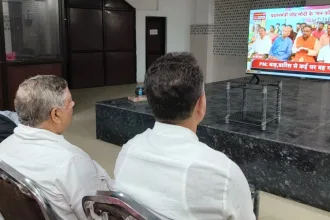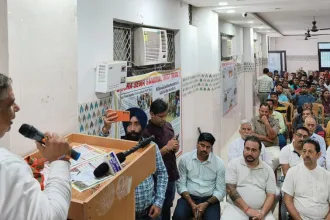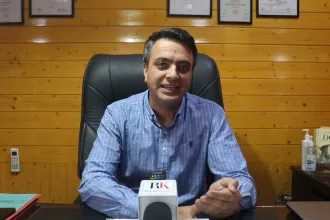Archives
- September 2025
- August 2025
- July 2025
- June 2025
- May 2025
- April 2025
- March 2025
- February 2025
- January 2025
- December 2024
- November 2024
- October 2024
- September 2024
- August 2024
- July 2024
- June 2024
- May 2024
- April 2024
- March 2024
- February 2024
- January 2024
- December 2023
- November 2023
- October 2023
- September 2023
- August 2023
- July 2023
- June 2023
- May 2023
- April 2023
- March 2023
- February 2023
- January 2023
- December 2022
- November 2022
- October 2022
- September 2022
- August 2022
- July 2022
- June 2022
- May 2022
Amit Shah reviews J&K Security Scenario in high-level meeting at Jammu
Union Home Minister and Minister of Cooperation Amit Shah, reviewed the security scenario of Jammu and Kashmir in a meeting held in Jammu on Monday. The Lieutenant Governor of Jammu…
Natural disasters testing country: PM Modi in ‘Mann Ki Baat’
New Delhi, Aug 31: Prime Minister Narendra Modi on Sunday expressed pain and anguish over the devastation caused by landslides and floods triggered by incessant rains, and said natural disasters…
J&K Police carries out wild bhang destruction drive in Anantnag
In a concerted effort to curb the illegal cultivation of narcotic substances,…
15-Year-old Boy injured in Cloudburst in Jumagund Kupwara
A 15-year-old boy sustained injuries during a cloudburst in Banwali area of…
Div Com Kashmir reviews status of Srinagar Smart City projects
Divisional Commissioner (Div Com) Kashmir, Anshul Garg reviewed the physical & financial…
Three drug peddlers arrested in Baramulla
Continuing its efforts to eradicate the menace of drugs from society, Police…
LoP Sunil Sharma briefs HM Amit Shah on devastation caused by cloudbursts and floods in Jammu region
Leader of Opposition (LoP) in the J&K Legislative Assembly, Sunil Sharma, on…
Amit Shah reviews J&K Security Scenario in high-level meeting at Jammu
Union Home Minister and Minister of Cooperation Amit Shah, reviewed the security…
Amit Shah reviews Flood Situation in Jammu, orders focus on Healthcare needs
Union Home Minister Amit Shah on Monday chaired a high-level meeting to…
Kupwara, Baramulla Scholars, Prominent Figures join SBSP in presence of Vivek Bali
In a significant boost to the Suheldev Bharatiya Samaj Party (SBSP) in…
J&K faces unprecedented August monsoon fury
122 killed in 25 cloudbursts & 9 landslides across J&K, Ladakh
Modi Meets Xi Again
Emerging global geo-strategic dynamics in the aftermath of the changing policies of the Trump 2.0 regime has brought the United…
Sports
Dr Farooq urges sustainable dev to mitigate climate risks
Expresses concern over increasing weather vagaries in J&K, Himalayan region



